Marcus Aurelius - Meditations of the Emperor Marcus Aurelius Antoninus
Marcus Aurelius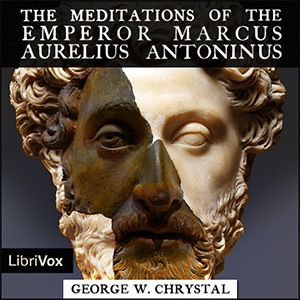
100%
Speed
Readers
Length
4 hours 47 minutes
Year
1902
Summary
The Meditations is divided into 12 books that chronicle different periods of Marcus' life. Each book is not in chronological order and it was written for no one but himself. The style of writing that permeates the text is one that is simplified, straightforward, and perhaps reflecting Marcus' Stoic perspective on the text. Depending on the English translation, Marcus' style is not viewed as anything regal or belonging to royalty, but rather a man among other men which allows the reader to relate to his wisdom.A central theme to Meditations is the importance of analyzing one's judgment of self and others and the development of a cosmic perspective. As he said «You have the power to strip away many superfluous troubles located wholly in your judgment, and to possess a large room for yourself embracing in thought the whole cosmos, to consider everlasting time, to think of the rapid change in the parts of each thing, of how short it is from birth until dissolution, and how the void before birth and that after dissolution are equally infinite».[3] He advocates finding one's place in the universe and sees that everything came from nature, and so everything shall return to it in due time. Another strong theme is of maintaining focus and to be without distraction all the while maintaining strong ethical principles such as «Being a good man».[4]
His Stoic ideas often involve avoiding indulgence in sensory affections, a skill which will free a man from the pains and pleasures of the material world. He claims that the only way a man can be harmed by others is to allow his reaction to overpower him. An order or logos permeates existence. Rationality and clear-mindedness allow one to live in harmony with the logos. This allows one to rise above faulty perceptions of «good» and «bad». — Summary by Wikipedia
audiobooks.club
Classics (Greek & Latin Antiquity)
Marcus Aurelius
Meditations of the Emperor Marcus Aurelius Antoninus
More from Marcus Aurelius
Authorization
By logging in, you agree to the terms and conditions.



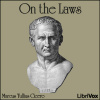
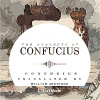
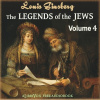
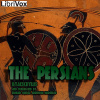






No comments